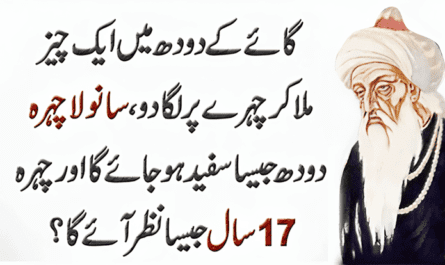Discover the profound connection between A Narrative of Moral Responsibility and Divine Justice in this comprehensive article. Explore 25 engaging topics under this theme, revealing the intricacies of human experience and the role of morality and divine justice in our lives.
Introduction
The intricate interplay between moral responsibility and divine justice has been a source of fascination for humankind since time immemorial. This article delves into this profound theme, unraveling the complexities that shape our understanding of human life, destiny, and the forces that govern our existence. Join us on this journey of exploration and enlightenment.
A Narrative of Moral Responsibility and Divine Justice in Our Lives
Moral responsibility and divine justice influence our daily lives in more ways than we might realize. These concepts are deeply rooted in our cultures, religions, and personal beliefs. Let’s delve into some of the key aspects.
The Moral Compass
Our moral compass serves as a guide, directing us toward choices that align with our values and beliefs. It’s a narrative of moral responsibility that defines our actions and shapes our character. In a world filled with choices, our moral compass helps us navigate towards goodness and righteousness.


Divine Justice: A Universal Belief
The belief in divine justice is a fundamental tenet in many religious and spiritual traditions. It assures us that there is an ultimate order in the universe, where actions are rewarded or punished in accordance with their moral weight. This belief provides comfort, meaning, and a sense of cosmic justice.
The Role of Free Will
The concept of moral responsibility intertwines with the notion of free will. Our ability to make choices, whether virtuous or sinful, is a testament to our moral responsibility. These choices shape our individual narratives of moral virtue or ethical transgression.
The Conundrum of Suffering
Suffering and adversity often raise questions about divine justice. We grapple with the idea of why good people endure hardships, and why the wicked sometimes prosper. This aspect of moral responsibility and divine justice is a perpetual enigma.
Ethical Dilemmas in Modern Society
In a world marked by moral relativism, ethical dilemmas abound. Individuals, communities, and nations grapple with complex questions of moral responsibility and divine justice, particularly in the realms of politics, law, and social justice.
Faith and Belief Systems
Different faiths and belief systems offer unique narratives of moral responsibility and divine justice. Exploring these diverse perspectives enriches our understanding and fosters respect for various worldviews.
Redemption and Forgiveness
The narrative of moral responsibility also encompasses the capacity for redemption and forgiveness. It demonstrates our ability to transform and seek reconciliation, even after moral missteps.
FAQs
How does one define moral responsibility in a secular context?
Moral responsibility in a secular context is often framed as the ethical duty of individuals to make choices that align with their values, principles, and societal norms. It emphasizes personal accountability for one’s actions without invoking divine or supernatural forces.
Can divine justice be reconciled with the existence of suffering in the world?
The reconciliation of divine justice with worldly suffering is a profound theological question. Many religious and philosophical perspectives attempt to address this issue by highlighting the importance of faith, the inscrutable nature of divine plans, and the notion of suffering as a test or opportunity for spiritual growth.
Is moral responsibility an absolute concept, or does it vary across cultures?
Moral responsibility is not an absolute concept; it is influenced by cultural, societal, and individual factors. What is considered morally responsible behavior in one culture or era may differ from another. It is subject to interpretation and evolving social norms.
How does the idea of divine justice impact personal belief systems?
The idea of divine justice often plays a central role in shaping personal belief systems. It provides a framework for understanding the consequences of one’s actions and offers reassurance that there is a greater purpose and order in the universe.
Can individuals with differing belief systems find common ground on moral responsibility?
Individuals with differing belief systems can find common ground on moral responsibility by focusing on shared human values such as compassion, honesty, and respect. These universal principles transcend religious or cultural boundaries.
Is divine justice always tied to religious beliefs?
While divine justice is closely associated with religious beliefs, it can also be a philosophical concept for those who do not adhere to a specific faith. Some individuals may believe in a universal sense of justice or karma that operates independently of religious dogma.
Conclusion
In the tapestry of human existence, the narrative of moral responsibility and divine justice weaves a compelling and intricate pattern. It shapes our choices, beliefs, and understanding of the world. As we contemplate these profound concepts, we find both solace and inspiration in the knowledge that our actions hold significance in the grand scheme of life.



